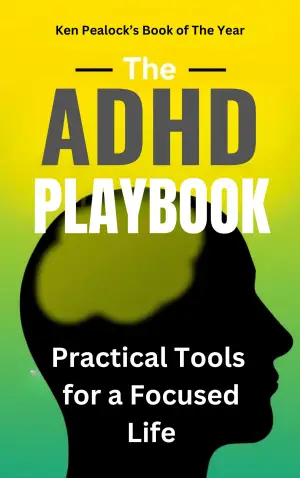Book Review: Wicked: The Life and Times of the Wicked Witch of the West by Gregory Maguire
Every so often, a book crosses your path that completely redefines how you view a beloved story. For me, that book was Wicked: The Life and Times of the Wicked Witch of the West by Gregory Maguire. My initial curiosity was piqued by the musical adaptation; I found myself humming the tunes long after the curtains fell. But it wasn’t until I delved into this dense, thought-provoking novel that the true complexity of Elphaba’s character truly captivated me.
At its core, Wicked challenges the traditional notions of good and evil, daring readers to reconsider what they’ve always accepted as black and white. Elphaba, born with striking green skin and a fierce intellect, is far from the stock villain painted by The Wizard of Oz. As a child in Munchkinland, she’s a misunderstood outcast, grappling with her identity and the cruel perceptions of those around her. Maguire intricately paints her journey from an ostracized girl to the feared Wicked Witch, making poignant observations about society’s tendency to label and relinquish accountability.
Maguire’s writing style is lush and layered, pulling readers into the enchanting yet dark world of Oz. His prose often feels like a rich tapestry, where every thread contributes to a deeper understanding of Elphaba’s plight, her fierce determination, and her ultimate tragedy. While some might find the pacing slow, I found it meditative; it immerses you fully in the rich socio-political landscape of Oz, much like Elphaba herself, navigating a world riddled with injustice and inequality.
One of the novel’s most memorable elements is its exploration of friendship and betrayal, intricately woven through Elphaba’s relationship with Glinda. Their dynamic—filled with humor, tension, and heartbreak—reflects the complexities of human relationships and the choices that define them. As one reviewer beautifully encapsulated, “There is always more to the story,” and Wicked invites us to consider the motivations behind every action, pushing the boundaries of morality.
In my reading journey, I was often reminded of the haunting truth that Maguire presents: the line between hero and villain is much blurrier than we want to admit. Although the narrative sometimes jumps across decades, each vignette captured feels impactful, allowing the reader glimpses into the pivotal moments that shaped Elphaba’s identity.
At its conclusion, the book leaves a lingering impact, prompting a blend of sorrow and hope. Even knowing Elphaba’s tragic fate, I found myself wishing for a different ending, desperate to rewrite her destiny. Maguire’s interpretation challenges preconceived notions, and the emotional weight of the story lingered with me long after I finished the last page.
Wicked isn’t just a retelling; it’s a brave exploration of societal norms, prejudice, and the very essence of what it means to be “wicked.” It’s perfect for readers who relish character-driven narratives and don’t shy away from complex themes. If you’re ready to look beyond the surface and embrace a story that both entertains and provokes thought, grab a copy of Wicked. You might just find yourself questioning everything you thought you knew about both Oz and yourself.
In short, I walked away transformed—never again will I view a simple green-skinned witch the same way.
You can find Wicked: The Life and Times of the Wicked Witch of the West here >>













